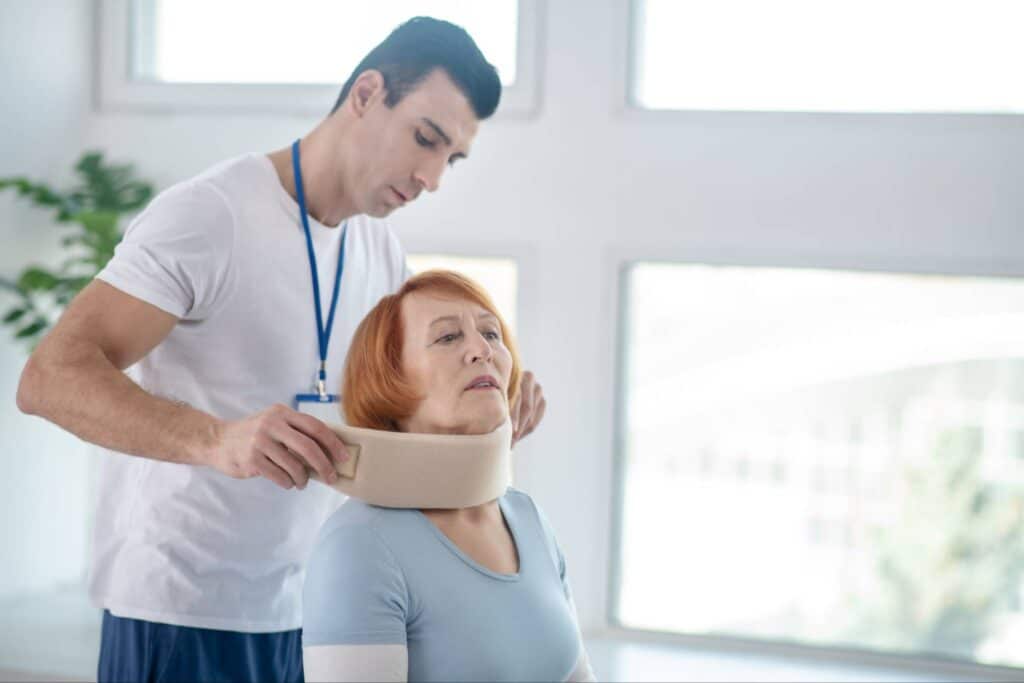Orthopedics, also referred to as orthopedic surgery, is a type of medical treatment that involves the musculoskeletal system. Orthopedists are medical doctors who use non-surgical and surgical approaches to treating musculoskeletal disorders, injuries, and diseases. Orthopedic doctors are highly specialized practitioners who diagnose and develop treatment plans for musculoskeletal injuries, diseases, and disorders. If you are looking for an Atlanta orthopedic option near you, here is a bit of history and background on the medical practice of orthopedics.
Development of Orthopedics
The term orthopedics was first coined in French in the 18th century and initially referred to correcting and straightening bone deformities in children. The term and the practice ultimately expanded to addressing deformities of the spine and bones in people of all ages. Orthopedic practices in the 18th century addressed musculoskeletal deformities through exercise and splints to address deformities in the feet and with the curvature of the spine. Many of these techniques were also inspired by haphazard battlefield medical procedures for splinting broken bones and other injuries.
As orthopedics procedures and treatments developed into the 19th century, bone-setting and fracture treatment expanded into official military orthopedic hospitals. Doctors practicing orthopedic techniques and treatments began to try intramedullary rods to help with broken femur and tibia bones. In the 20th century, the field of orthopedics expanded into procedures like hip and knee replacements. Over time, these orthopedic procedures helped contribute to less-invasive surgical procedures with far more effective outcomes.
Training for Orthopedists
In order to become an Atlanta orthopedic surgeon, one must complete four years of a bachelor’s level program in science or a related field before attending medical school and earning a degree in Doctor of Medicine (MD) or Doctor of Osteopathic Medicine (DO). In order to become an orthopedic surgeon, doctors then must complete a residency in orthopedic surgery that typically lasts five years. Upon completion, orthopedic surgeons must complete required exams become board-certified and begin to practice. Orthopedic surgeons may also choose to pursue further training in sub-specialties like joint reconstruction, pediatric orthopedics, and surgical sports medicine.
Common Orthopedic Procedures
Many Atlanta orthopedic treatment options include less invasive procedures than true, open surgical options. From minimally invasive to surgical options, here are a few examples of routine orthopedic procedures:
Arthroscopy
This is one of the less invasive procedures done by an orthopedic surgeon to help get a better visual of the damage in the shoulder or knee joint. An arthroscopic procedure involves sending a small camera into the shoulder or knee to get a clearer picture of damage to the joint. This allows your orthopedic surgeon to develop a more detailed treatment plan to address your health concerns. This type of procedure can also allow the orthopedic surgeon to identify and treat a joint injury in one minimally invasive surgical procedure. The recovery process for arthroscopy can take less than a week, as opposed to surgical interventions that may involve a recovery time of weeks or months.
ACL Surgery
The anterior cruciate ligament, commonly referred to as the ACL, is a key factor in providing stability and range of motion in the knee. Damage to the ACL such as a tear can require surgery to repair the injury. This procedure typically involves taking ligament from another part of the body and attaching it to the torn ACL where the damage occurred. This type of procedure is not considered a major surgery and most people are able to have this procedure done as an outpatient.
Joint Replacement Surgeries
Atlanta orthopedic doctors frequently complete joint replacement surgeries on the shoulder, knee, and hip joints. Joint replacement surgeries are common with joints like the shoulders, knees, and hips that are generally put under a lot of stress and can break down due to overuse and injury. When the cartilage in the joint breaks down it can affect mobility and cause significant pain that impacts daily life. This type of surgery aims to improve range of motion and provide lasting pain relief.





